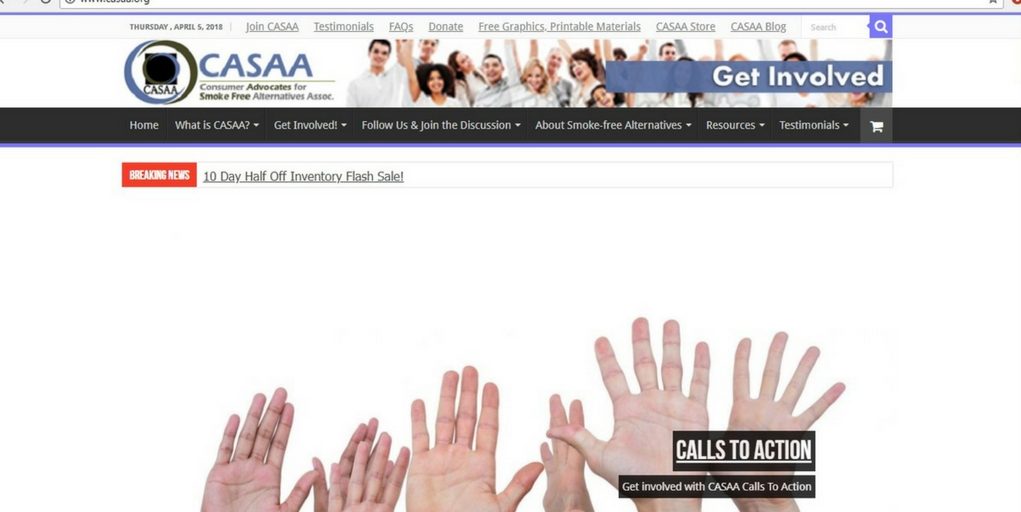This complex and costly process cannot be afforded by most small vaping businesses which do not have the infrastructure or ability to comply with these requirements.
If passed, S 1253: “Preventing Online Sales of E-Cigarettes to Children Act,” would ban all shipments of vaping products by the US Postal Service. Additionally it will force all other postal delivery services (such as UPS, FedEx, or DHL) to check IDs and obtain the signature of an adult at points of delivery.
Requiring adult signatures at point of deliveries would naturally present its own set difficulties, as most deliveries happen during business hours when the majority of adults are at their place of employment.
Additionally, one must bear in mind that deliveries by private carriers are already more costly than deliveries by the USPS. Therefore besides being more time consuming and burdensome, the procuring of signatures will also add additional costs. Therefore if the bill goes into effect, the cost of online purchases of vaping products could increase by as much as $20.
Why are they doing this?
The CASAA explained that supporters of this measure claim it is to protect youth. “Meanwhile, cigarettes will remain the most visible and widely accessible tobacco product in the history of the world,”
“The supporters of this bill argue that preventing the shipment of vapor products will prevent teens from getting their hands on it, and reduce youth usage. What they don’t tell you is that less than 6% of youth report buying vapor products online, according to the CDC’s 2018 National Youth Tobacco Survey. Most young people report getting vapor products and other age-restricted products from friends, family, and informal sources–sources that are about to become much more popular after September,” added the CASAA.
To this effect, the assocation is asking vapers to take action by signing and sending a pre-written message on the CASAA website. Once sent, the message goes directly to President Trump and urges him to remove the vape ban.













That bill will only make it easier for ex-smokers to go back to smoking cigarettes than continue vaping while simultaneously contributing to a growing black market industry. That lung illness was caused by black market sellers cutting THC liquid with things like cooking oil rather than propylene glycol or vegetable glycerin. Unlike the PG/VG, cooking oil condenses as it cools in your lungs and builds up leading to breathing problems and infections. This new measure means we’re going to start seeing things like that happen to black market nicotine products too.